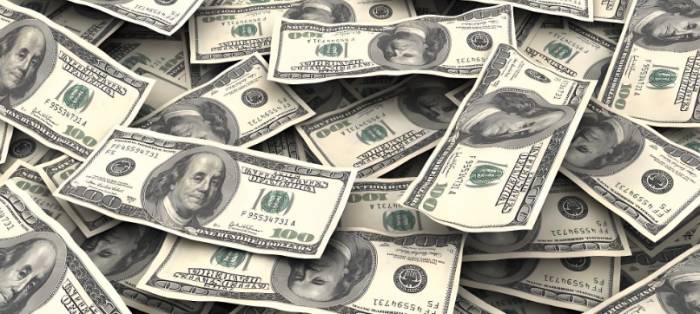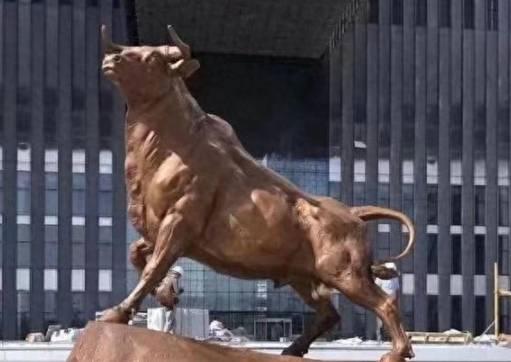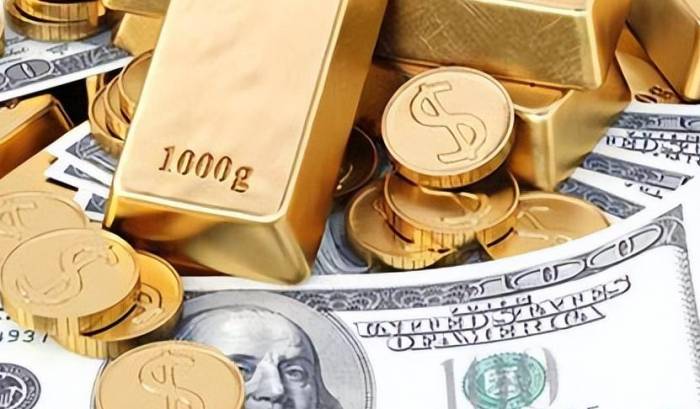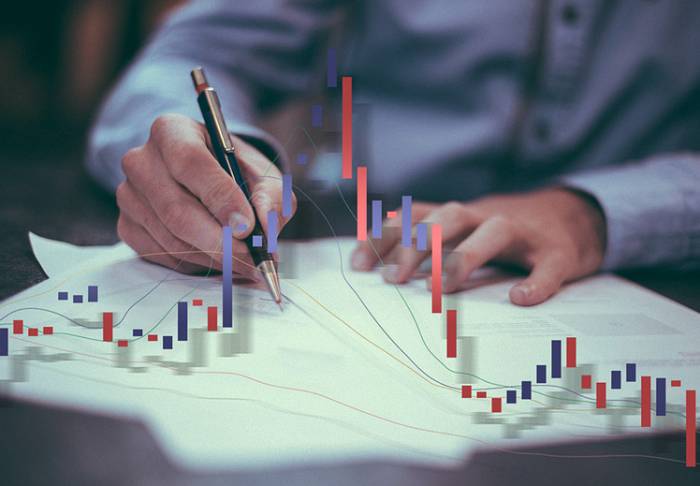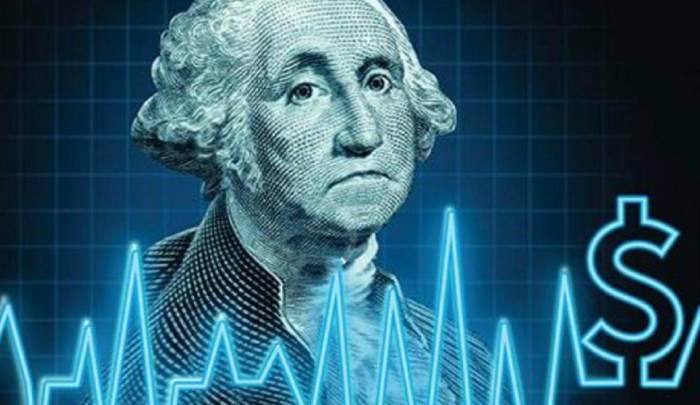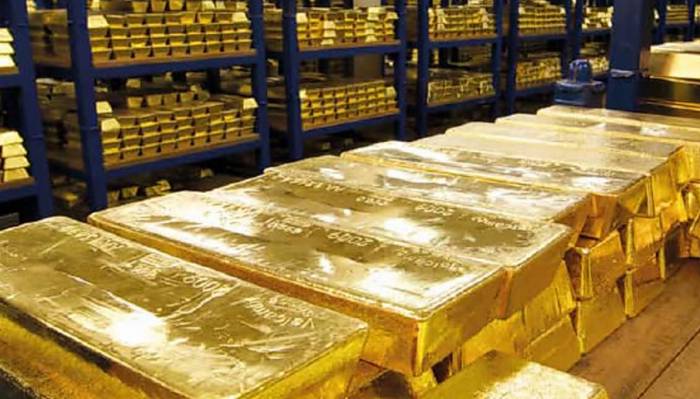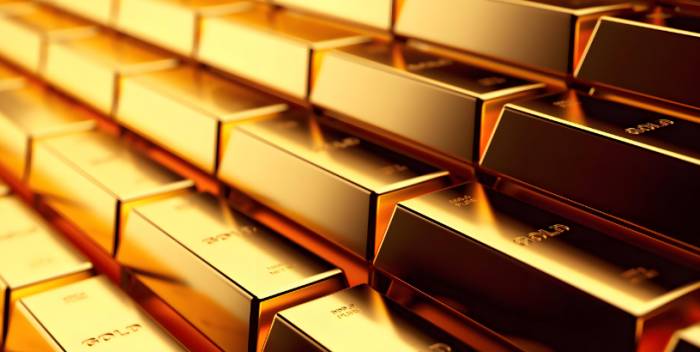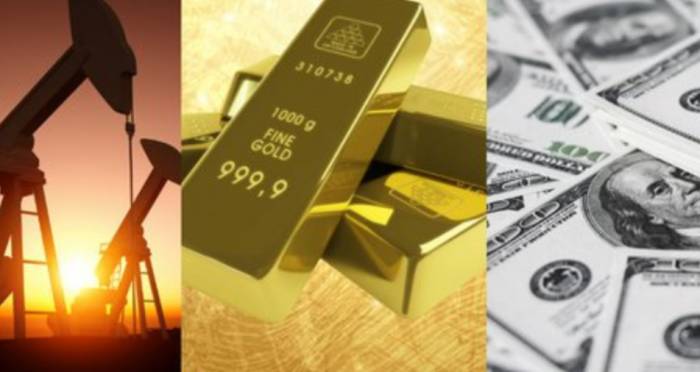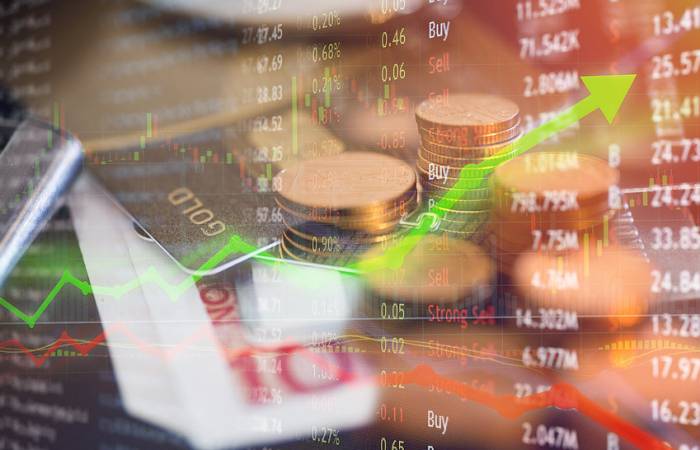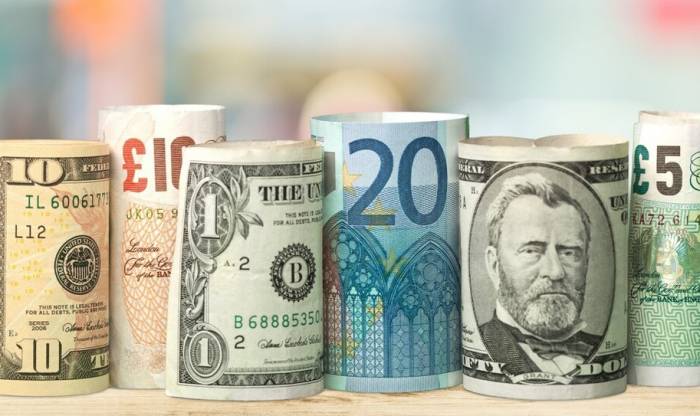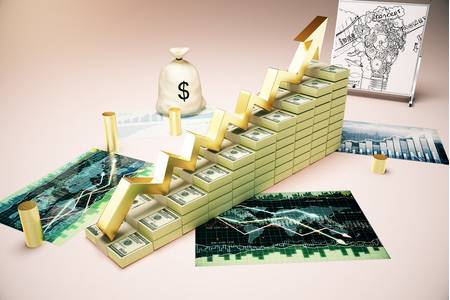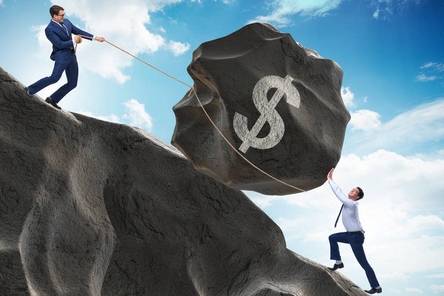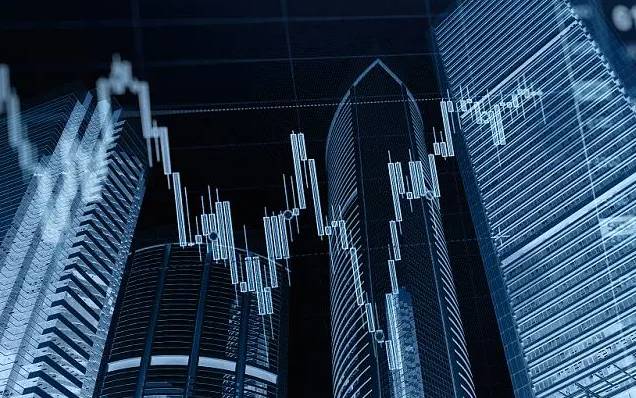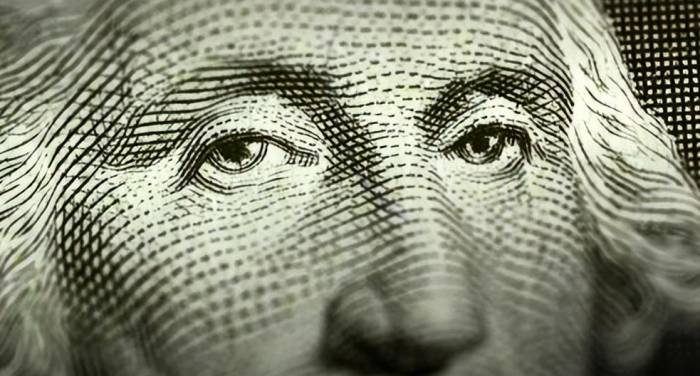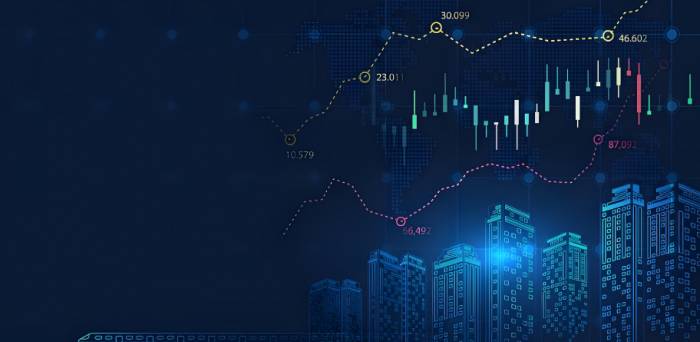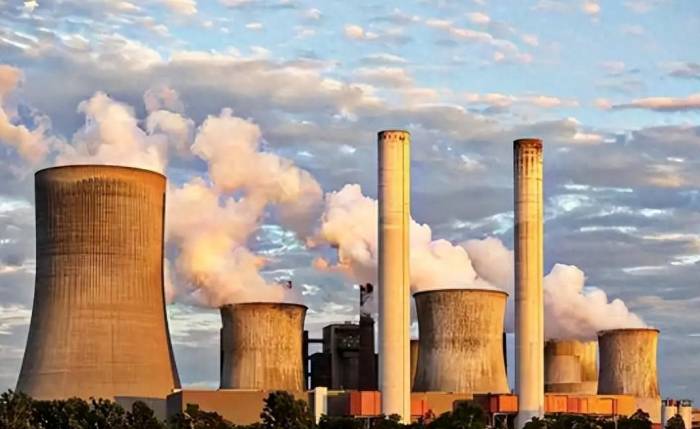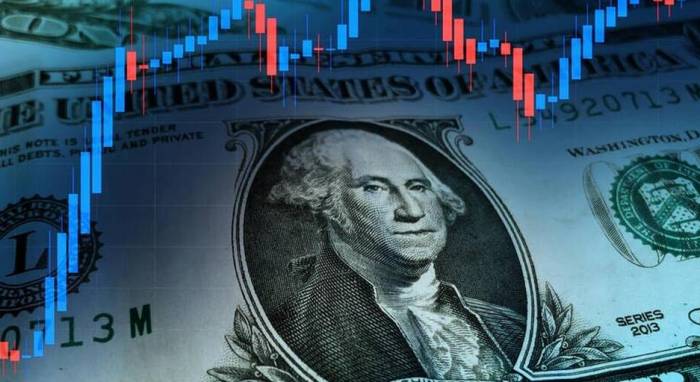In recent years, with the widespread application of sugar substitute products such as acesulfame potassium, aspartame, erythritol, and sucralose in the food industry, the domestic sugar substitute industry has developed rapidly. Data from the Forward Industry Research Institute shows that the market size of China's sugar substitute industry has reached 1.8 billion yuan in 2023 and is expected to exceed 3.3 billion yuan by 2028.
So-called sugar substitutes refer to the use of sweeteners such as acesulfame potassium and aspartame instead of sugar, sucrose, glucose, etc., in food to achieve sweetness. On the packaging of sugar substitute foods, there is a label indicating "sugar-free" (Sugarless or No Sugar Added) to inform consumers, especially sugar-free beverages, which are popular among consumers due to their low calories, slow blood sugar increase, and reduced risk of dental caries.
The huge market demand has led to several companies producing sugar substitute products to enter the capital market one after another. Wind data shows that there are currently six sugar substitute companies listed on the A-share market, including Baolingbao, Leyin Biology, Hua Kang Shares, Bailing Chuangyuan, Jinhe Industry, and Sanyuan Biology.
Under the tightening of A-share IPOs, some sugar substitute companies have also chosen to go public in Hong Kong. In June this year, Xinqian An Technology Co., Ltd. (hereinafter referred to as "Xinqian An" or "the Company") disclosed its prospectus, planning to go public on the Hong Kong Stock Exchange. Whether Xinqian An can become a "new force" in the sugar substitute industry's listing remains to be observed.
The domestic sugar substitute industry has a long history of development. In 2018, the rise of sugar-free beverages made the previously obscure sugar substitute industry "break out of the circle" of the food industry and enter the public eye. However, as an upstream and important part of the sugar-free beverage industry chain, the sugar substitute industry has been developing in China for a long time.
Information from Qichacha shows that the establishment times of the six sugar substitute companies currently listed on the A-share market are mainly divided into three stages: Baolingbao was established in 1997; Leyin Biology and Hua Kang Shares were established between 2000 and 2001, Bailing Chuangyuan, Jinhe Industry, and Sanyuan Biology were established between 2005 and 2007.
The protagonist of this article, Xinqian An, was established in the third stage. Business information shows that Xinqian An was established in 2006, but Xinqian An mentioned in its prospectus that the company's business can be traced back to December 2003 when the controlling shareholder Wang Xiaoqiang established Jiangxi Ansheng to produce and sell glycine; in September 2006, Wang Xiaoqiang and Xinqian An Industry (controlled by Wang Xiaoqiang and his wife Ding Dan) established Xinqian An to produce and sell sucralose; in July 2008, Jiangxi Ansheng became a wholly-owned subsidiary of Xinqian An.After absorbing Jiangxi AnSheng, XinQiAn has developed into a world-leading producer of glycine and sucralose. The revenue composition for 2023 shows that glycine sales revenue accounts for 46.2% of XinQiAn's main business income, while sucralose revenue accounts for 51.1%, and the revenue from other by-products such as ammonium sulfite only accounts for 2.7%.
According to the consulting report by ZhuoShi, in terms of sales volume and sales revenue in 2023, XinQiAn ranks first in the global food-grade glycine manufacturing industry, with a corresponding global market share of approximately 5.1% and 3.1%; at the same time, XinQiAn is also one of the top five sucralose producers globally, with a corresponding global market share of about 4.8% and 4.5%.
Compensate investors before going public
XinQiAn's development into an industry leader is inseparable from the investments of many investors.
Equity changes show that XinQiAn was co-founded by Wang Xiaoqiang and Ding Dan. In the early stages of the company's development, it failed to attract investors, and the company's operations relied on the financial support of the controlling family and its own "blood-making" capabilities. In June 2009, Wang Xiaoqiang's brother and sister-in-law, He Qingfeng, and company director Chen Lijun, successively became shareholders, opening the prelude for XinQiAn to attract external investors.
From 2010 to 2017, external investors such as Chen Yiyuan, Huang Wenzeng, Yang Haijun, Guoxin Hongsheng, Pingtan Xinghang Investment, Xiuneng Investment, Zhang Chaoyi, and Huang Yanlu successively became shareholders of XinQiAn.
XinQiAn's multiple equity changes have also attracted regulatory attention. On August 2, the China Securities Regulatory Commission (CSRC) announced the supplementary material requirements for overseas issuance and listing filing (from July 26, 2024, to August 1, 2024), requiring XinQiAn to provide additional explanations for the price of each equity change, the basis for pricing, and its fairness.
After Pingtan Xinghang Investment became a shareholder of XinQiAn, a minor incident occurred. In 2020, Pingtan Xinghang Investment was dissolved, and its shares in XinQiAn were held by Xingye Strategic Venture, Xingye Sai Fu Investment, and Xingye Sai Fu I Investment (hereinafter referred to as the "Xingye Three Investors") under the same control.
It is worth noting that in the supplementary agreement signed by XinQiAn with Guoxin Hongsheng, Xingye Three Investors, Zhang Chaoyi, and Huang Yanlu, the company is required to complete the listing before June 30, 2025; otherwise, the relevant investors will regain the veto power in the board of directors, preemptive rights, drag-along rights, and other special rights that were terminated before XinQiAn's IPO.
In order to get the relevant investors to accept the abolition of special rights, Wang Xiaoqiang and XinQiAn Industrial have made cash compensations.According to the supplementary agreement disclosed, Wang Xiaoqiang and Xinqian'an Industrial have paid 10 million yuan to Guoxin Hongsheng before the IPO of Xinqian'an, and 4 million yuan to Xingye San investors; they have agreed to pay 11.25 million yuan and 3.75 million yuan to Zhang Chaoyi and Huang Yanlu respectively (of which 1.5 million yuan and 500,000 yuan were paid on the signing date of the agreement, with the remaining 9.75 million yuan and 3.25 million yuan to be paid within one year after Xinqian'an's IPO).
A simple calculation reveals that before Xinqian'an went public, Wang Xiaoqiang and Xinqian'an Industrial spent a total of 16 million yuan in cash to ensure the rights and interests of the relevant investors. The equity structure shows that Wang Xiaoqiang and his wife, Ding Dan, held a total of 54.8% of Xinqian'an's shares before the IPO through direct and indirect means, making them the controlling shareholders of Xinqian'an.
Expanding overseas production capacity with raised funds
With internal investor support, Xinqian'an's business is also "strongly supported" by major customers.
The prospectus shows that from 2021 to 2023 (hereinafter referred to as the "reporting period"), the total sales to the top five customers of Xinqian'an were 415 million yuan, 429 million yuan, and 241 million yuan, accounting for 62.7%, 56.2%, and 53.9% of the company's main business income, respectively.
Customer details show that a Swiss beverage company and an American beverage company have always been the top two customers of Xinqian'an. During the reporting period, the total sales from these two major customers accounted for 40.5%, 39.3%, and 32.4% of Xinqian'an's main business income, respectively.
It is worth noting that in 2023, the sales to these two major customers were 74 million yuan and 71 million yuan, respectively, a year-on-year decrease of 40.8% and 59.43%. However, Xinqian'an believes that the reduction in contributions from major customers has little impact. Xinqian'an stated that well-known customers help the company expand its scale and gain a reputation in the industry, thereby attracting new customers and continuously expanding its diverse customer base.
In addition to the temporary "lack of support" from major customers, domestic overcapacity also affected Xinqian'an's performance in 2023. Some analysis points out that the rise of sugar-free beverages in 2018 led to an explosive period for the upstream sugar substitute industry, which eventually led to overcapacity starting in the second half of 2022, and the domestic sugar substitute industry entered a price war.
For example, the export average price of sucralose decreased from 386.3 yuan/kg in 2022 to 186.5 yuan/kg in 2023. During the same period, the prices in the overseas market were 566.3 yuan/kg and 623 yuan/kg, respectively. Although Xinqian'an stated that it did not participate in the price war, its export price of sucralose also decreased from 31.17 ten thousand yuan/ton in 2022 to 23.68 ten thousand yuan/ton in 2023.
The strong overseas prices have strengthened Xinqian'an's determination to "go global". The purpose of the fundraising shows that the funds raised from Xinqian'an's IPO will mainly be used to expand the production scale of sucralose at the Thai factory, with a designed annual production capacity of 500 tons.Currently, Xinqian's products are still primarily focused on "going overseas." In 2023, the domestic revenue accounted for only 15%, which is a further decrease from 25% in 2021. Xinqian has stated that to ensure stable supply and reduce the risks associated with tariffs and other international trade policies, manufacturing clients tend to source sucralose from producers outside of China.

